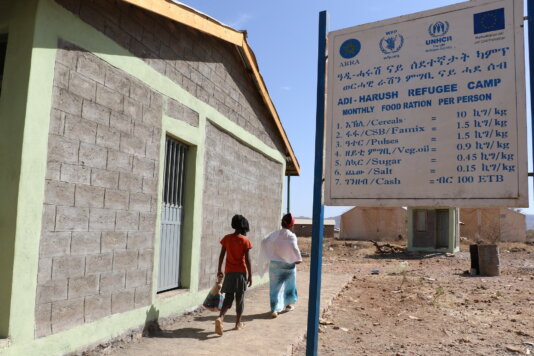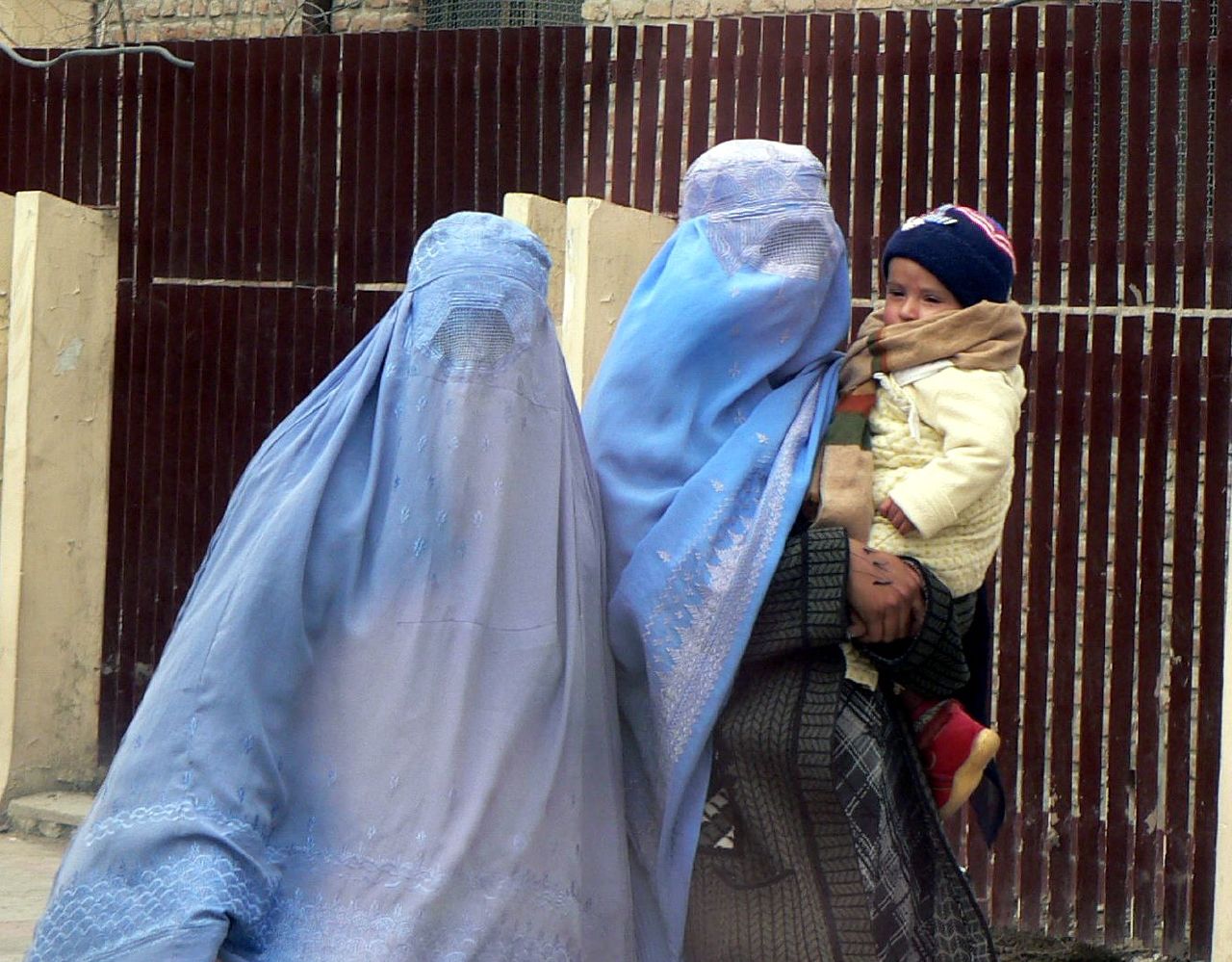- About
- Topics
- Picks
- Audio
- Story
- In-Depth
- Opinion
- News
- Donate
- Signup for our newsletterOur Editors' Best Picks.Send
Read, Debate: Engage.
| January 24, 2022 | |
|---|---|
| topic: | Refugees and Asylum |
| tags: | #refugees, #Afghanisatn, #Africa, #Uganda, #UNHCR |
| located: | Uganda, Sudan, South Sudan, Eritrea, Kenya, Somalia, Somaliland, Rwanda, Afghanistan |
| by: | Bob Koigi |
Last year, in the wake of Taliban forces seizing power in Afghanistan, thousands of citizens fled the country for fear of persecution or reprisals. At the height of the melee, African countries, among them Sudan, Rwanda, Uganda and Somaliland, offered to host displaced Afghans. Uganda opened its doors to 2,000 refugees while Rwanda offered to host 250 Afghan refugees.
This development highlights African countries’ traditional tendency to open its doors to refugees within and outside the continent, even as the host nations grapple with their own slew of domestic problems ranging from drought and diseases to conflicts. This happens as their developed counterparts, such as some European countries, repeatedly turn a blind eye on the plight of the refugees.
Uganda and Rwanda agreed to host Afghan refugees at the request of the United States as it processed asylum applications.
Sub Saharan Africa is home to an estimated 26 percent of the world’s refugee population, with the displaced people originating both from neighbouring countries and from different continents.
Somalia for example is hosting 700 Syrians and 6,800 Yemenis despite having gone through decades of a bloody protracted conflict.
Kenya is known to have one of the largest refugee camps in the world, which hosts displaced people from neighbouring countries such as South Sudan, Somalia and Eritrea.
Liberia, which has experienced decades of politically-instigated bloodshed, has hosted over 200,000 refugees, while Sudan has accommodated more than one million refugees since 2010 and remains the fifth-largest host country globally.
But it is Uganda that has positioned itself as a model country in refugee settlement and management, being host to over 1.3 million displaced persons majority who come from Rwanda, Somalia, DR Congo, Burundi and Somalia. It remains the largest recipient country for refugees in Africa and among the top globally thanks to its 2006 Refugee Act and 2010 Refugee Regulations that have protected refugee rights.
The East African nation has embraced the practice of accommodating displaced people since it had hosted Polish refugees in 1940s who were fleeing Nazi-occupied Europe. Nakivale refugee settlement, which was established in 1959 in Southwest Uganda, remains active to this day and is the oldest in Africa.
Uganda’s model entails integrating refugees and giving them full rights. Refugees in the country enjoy the rights to freedom of movement, employment access, land ownership and access to social services such as education and healthcare, and are permitted to reside anywhere in the country. This model has won global admiration.
"A number of factors explain why African countries have an open door policy towards refugees. For starters, most of them have experienced conflict or famine and understand how it feels to be in turmoil, so to them it is a moral issue," Michael Mitheka, a Kenya-based International relations and conflict resolution expert, told FairPlanet. "But beyond that, international politics are at play. Most of them want to make a mark in global relations, attract funding and win favour from especially developed countries."
With global phenomena such as conflict, climate change and persecutions intensifying, it is anticipated that there will be an influx of refugees in need of resettlement. This is despite commitment from countries to assist them.
According to The United Nations High Commissioner for Refugees, only 22,700 refugees worldwide were resettled in 2020 - a meager figure considering the approximately 1.44 million displaced persons who needed assistance in early 2021. The refugee agency posits that 1.47 million refugees will require assistance in 2022, with the spike in numbers exacerbated by factors such as COVID-19, among others.
“Nearly ninety percent of the world’s refugees are hosted in developing countries whose capacities were overstretched even before the pandemic and are now forced to contend with worsening humanitarian conditions for local and displaced communities alike," the agency said in a statement. "Not only is resettlement a life-saving tool of protection for refugees facing extreme vulnerability in these countries of asylum, it is a tangible way for other states to step up and help share this responsibility."
Mitheka concurs, stating that, “Every country has an international duty and obligation to welcome, protect and offer assistance to displaced persons, especially in the 21st century when the world has become interconnected."
"It is morally reprehensible to let developing countries shoulder the burden of refugees while they struggle with their internal problems," he added. "There should be a framework and regime in place to ensure that the global refugee situation is embraced by all.”
Image by EU/ECHO/Anouk Delafortrie
By copying the embed code below, you agree to adhere to our republishing guidelines.


